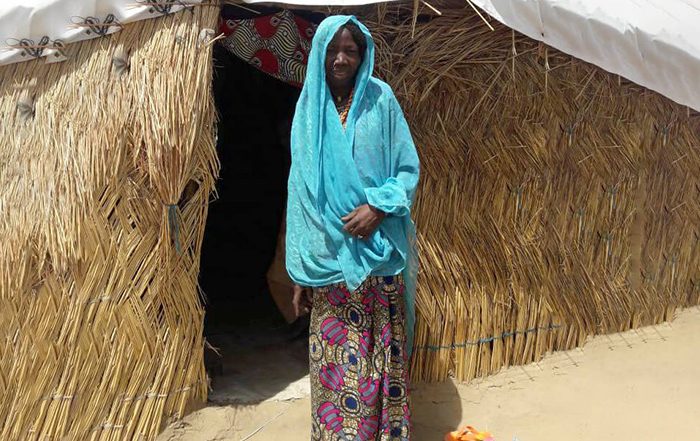
Falmata’s story
When her whole village was being evacuated in fear of a Boko Haram attack, Falmata was working in the farmland and missed the evacuation. See how they managed to rebuild.
Imagine Boko Haram turning up in your village. You’ve not come face to face with them before – but you’ve heard the stories. The stories of violence, of suicide bombings, of kidnapping.
Your life is in danger, your family is in danger. You have no choice but to run. This situation is a reality for millions of families in Nigeria.
Our projects in Nigeria are now complete but read on to discover what issues people still face today and to discover how ShelterBox helped.
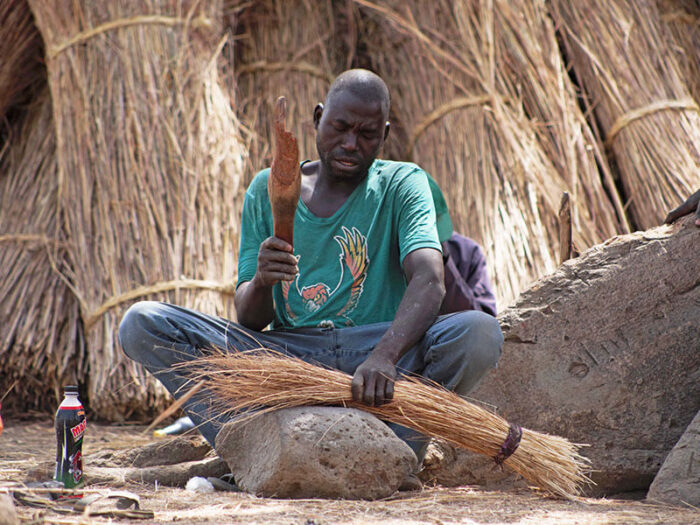
The violent rise of Boko Haram began in Nigeria in 2009, when the extremist group started an armed rebellion against the Nigerian government. Since then, the conflict has grown. It now spills over into the neighbouring countries of Niger, Chad and Cameroon.
But the rise of Boko Haram violence wasn’t the only factor forcing families to flee their homes when we worked in the country. The military offensive countering Boko Haram was also causing huge displacement.
More than 2.9 million families fled their homes, leaving behind their crops and livelihoods. This resulted in a food crisis, as more and more families moved into poor areas and large refugee camps where shelter, food and water were scarce.
Women, in particular, were at risk, as a lack of sufficient shelter increased their vulnerability to gender-based violence.
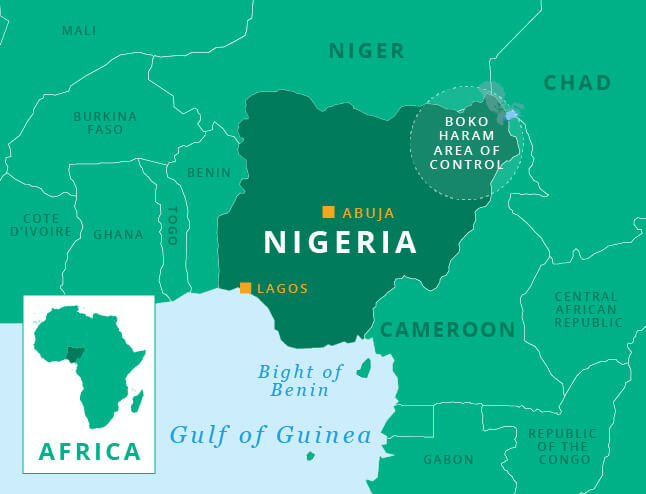
Nigeria is the most populous country in Africa, with a total population of 211 million people.
It shares borders with Benin, Chad, Cameroon and Niger. Its coast in the south is located on the Gulf of Guinea in the Atlantic Ocean.
Boko Haram’s heartland and main areas of control are in northeast Nigeria.
But the impact is felt far beyond this region, as families flee to neighbouring countries to escape the violence.
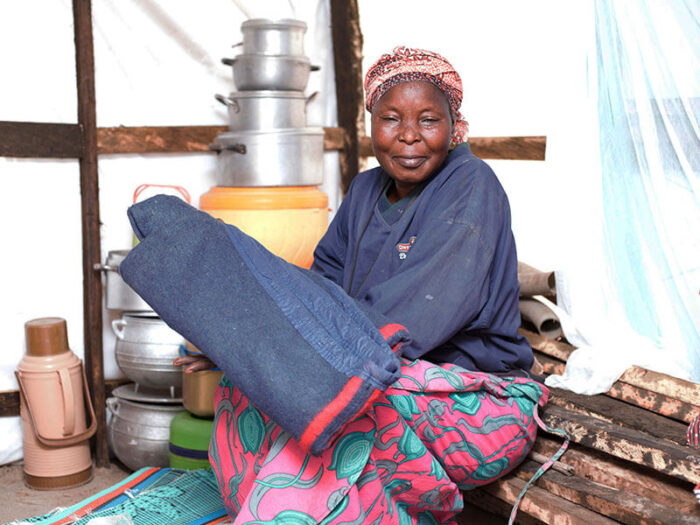

We worked in Nigeria from 2018 to 2022.
Working with our partner ACTED, we provided lifesaving items like tents, tarpaulins, shelter kits, kitchen sets, mosquito nets, water filters, solar lights, and blankets. Everything that families needed to start rebuilding their lives.
We helped over 7,300 families in Nigeria alone.
Our most recent project supported families with a type of shelter known locally as a Bama shelter, as well as other essential aid items. Aid distributions are now complete.
A selection of the aid we provided in Nigeria
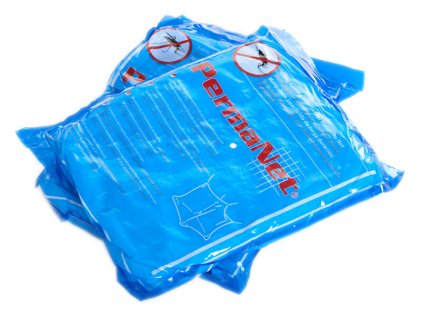
Malaria is one of the leading causes of death in the Lake Chad Basin. Mosquito nets were a simple way to help protect families from malaria outbreaks.
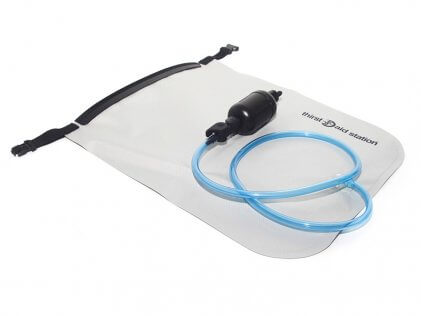
Millions of families in the Lake Chad Basin are exposed to deadly water-borne diseases. Our water filters helped to promote safe water management.
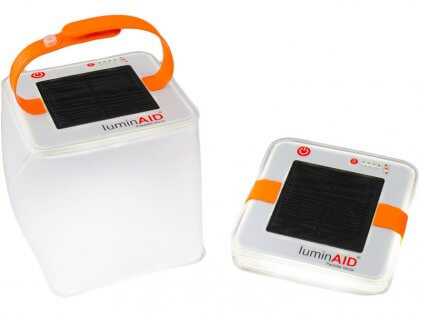
When families live in temporary shelters with no electricity, solar lights can bring much-needed comfort as well as practical support.